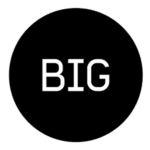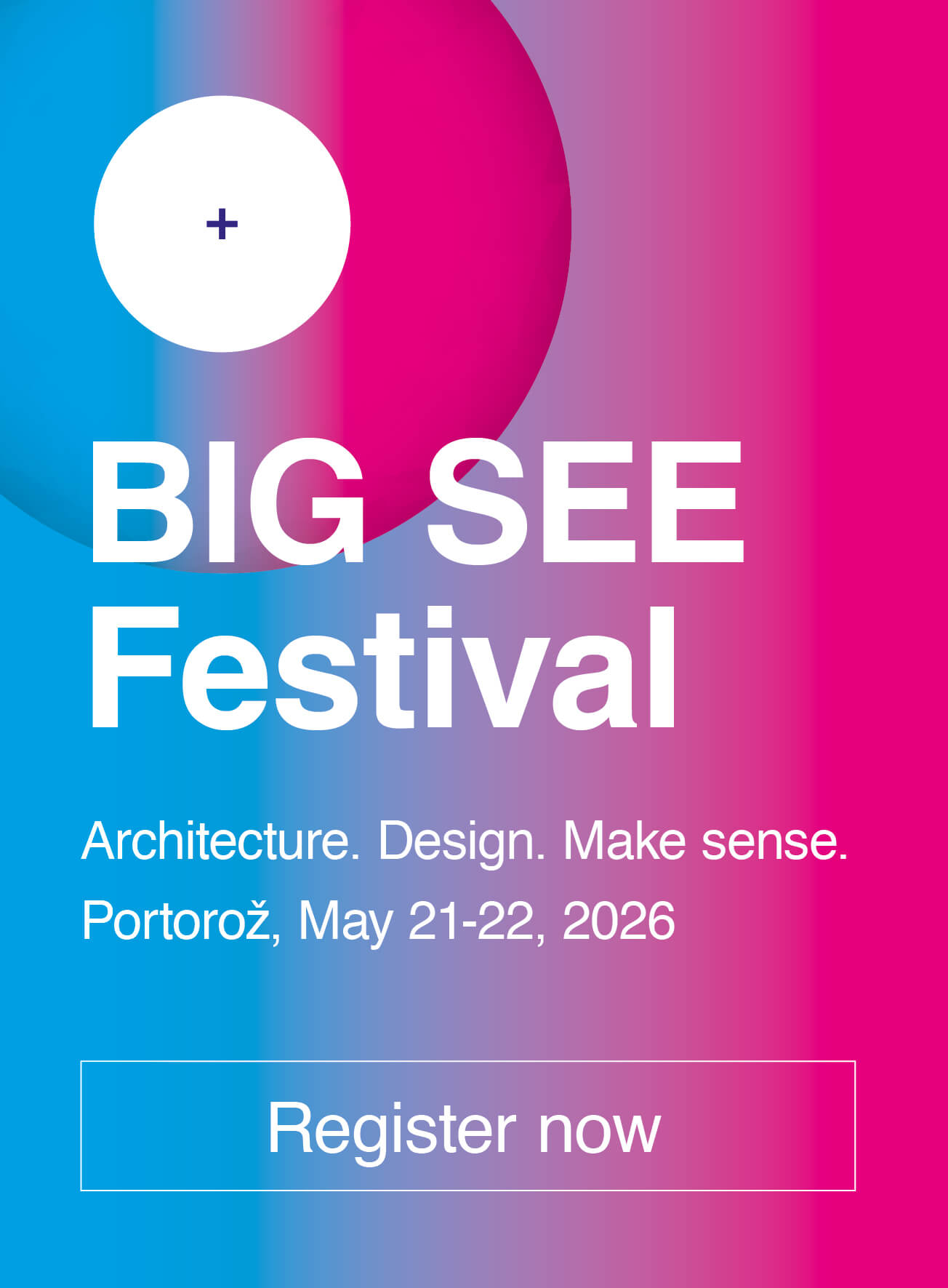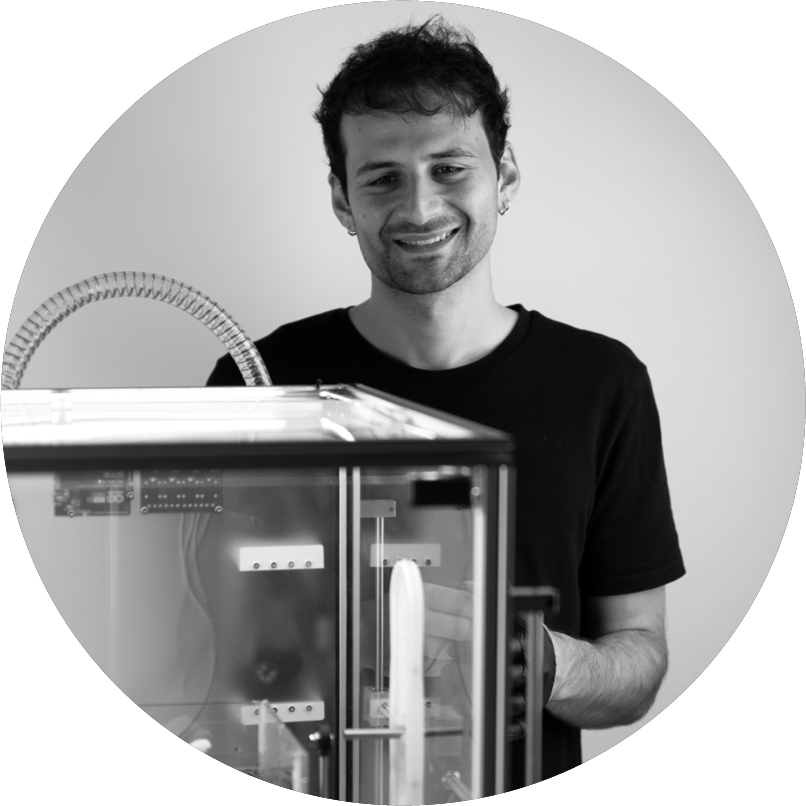
Markos Georgiou, Cyprus
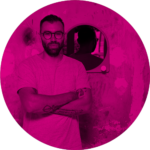
Nominator: Constantinos Economides
Nominator's statement
I am nominating Markos Georgiou for recognition as a young designer, not only for the depth and breadth of his creative work but also for the values that underpin his practice. Markos is an interdisciplinary product designer whose work consistently demonstrates a profound commitment to understanding the broader impact of design, not just on form and function, but on the people, environments, and systems it influences.
What sets Markos apart is his insistence that design must go beyond aesthetics and usability. He views design as a powerful tool for social and environmental transformation. His approach is deeply rooted in sustainability, considering both ecological impact and long-term relevance, driven by a genuine concern for how objects and systems affect human lives and the ecosystems surrounding them.
Markos's practice fluidly transitions between research and application. Working across London and Cyprus, he collaborates with scientists, engineers, and sustainability experts to ensure his projects are informed, pragmatic, and forward-thinking. He crafts solutions that address immediate needs while anticipating future challenges, consistently aiming for long-term impact and durability.
Having studied at renowned institutions including the Royal College of Art, EINA in Barcelona, and the University of Brighton, Markos now leads his own studio and contributes academically as a visiting lecturer. His active involvement in both academic and professional spheres, along with his participation in interdisciplinary research teams, reflects his belief that design must be collaborative, contextual, and conscious.
In an era where the role of the designer is being redefined, Markos embodies a practice that is ethical, experimental, and engaged. His work not only presents new ways of making and thinking but also reconsiders the very role of design in shaping a sustainable and humane future.
HYDRA_024
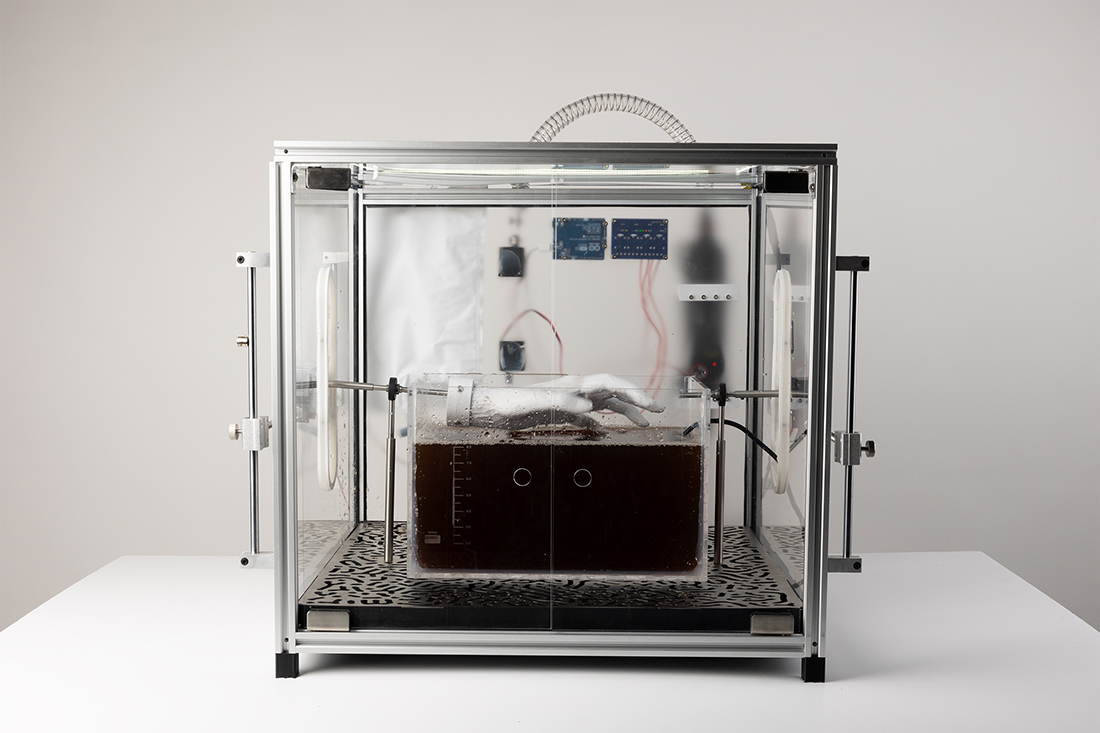
Hydra is a patent-protected technology that grows materials and products directly in 3D using bacteria fed with agroindustrial waste. Modular, deployable, and adaptable, the Hydra bioreactor supports decentralised, low-impact production with minimal energy and no synthetic waste. Scalable from lab settings to industrial applications, it provides a flexible platform for both experimentation and large-scale production.
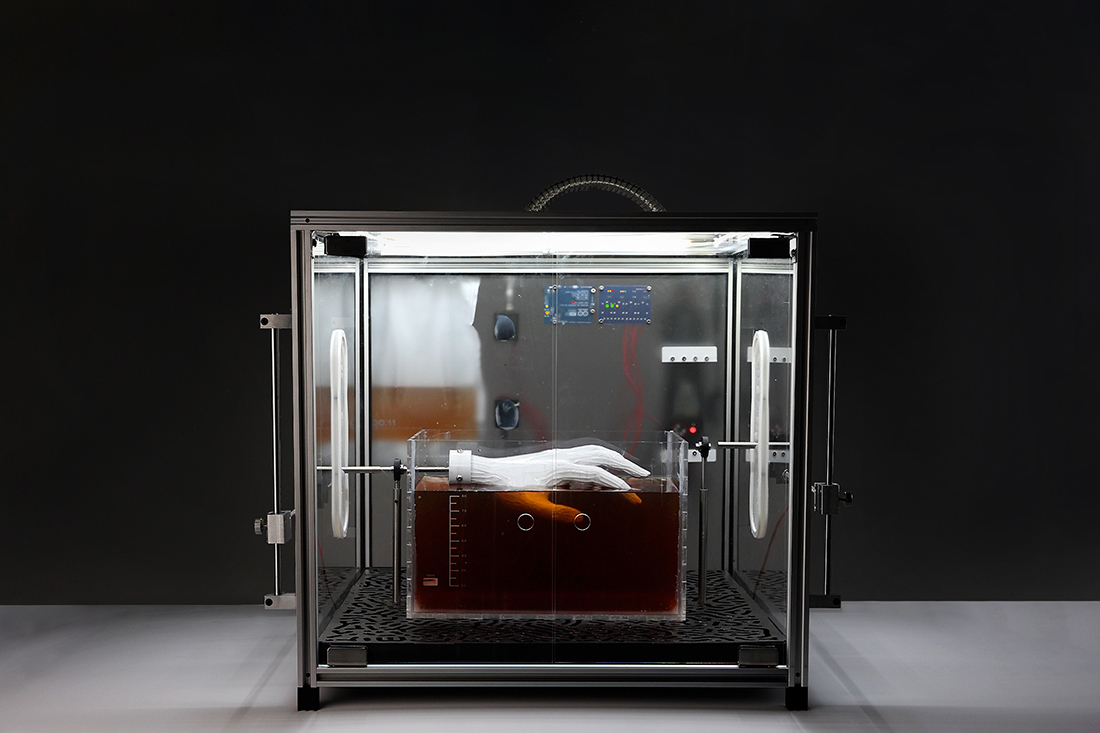
Unlike traditional biofabrication limited to flat sheets, Hydra introduces five novel processes that allow structurally complex, seamless forms to emerge through controlled cultivation. Its environment is tunable, supporting a variety of microbial strains, including functionalised organisms, and enabling the growth of materials with enhanced properties.
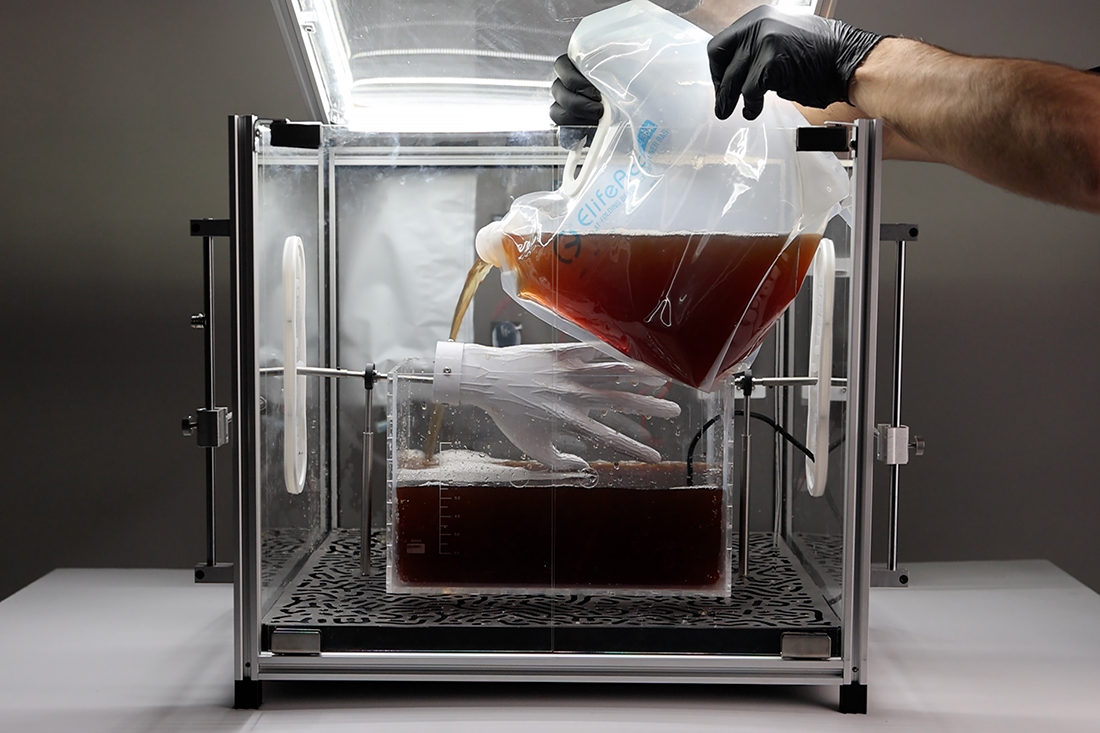
This breakthrough enables materials to grow 5–7 times faster with significantly higher yield than conventional methods, opening new dimensions in how we interact with and harness bacteria for production. Hydra is more than just a tool for making - it fosters a symbiotic relationship between biology, technology, and design. It redefines manufacturing as a living, regenerative process and offers a new model for circular production with applications in medical care, footwear, textiles, packaging, and beyond. It is a platform for growing not just materials, but new ways of thinking.
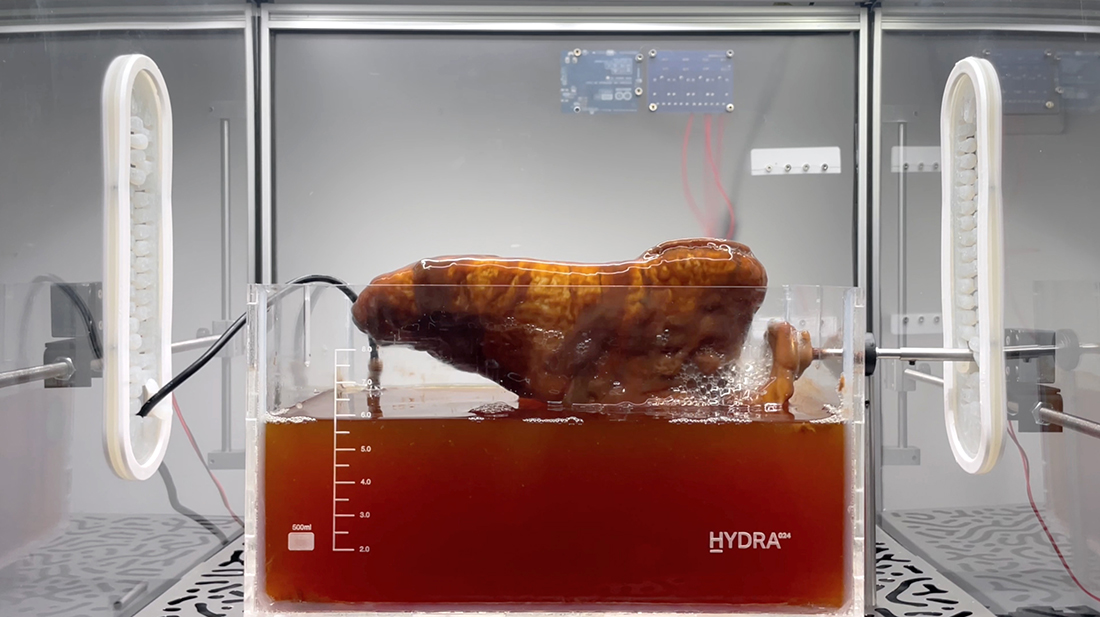
MOIRA_SHELVING SYSTEM
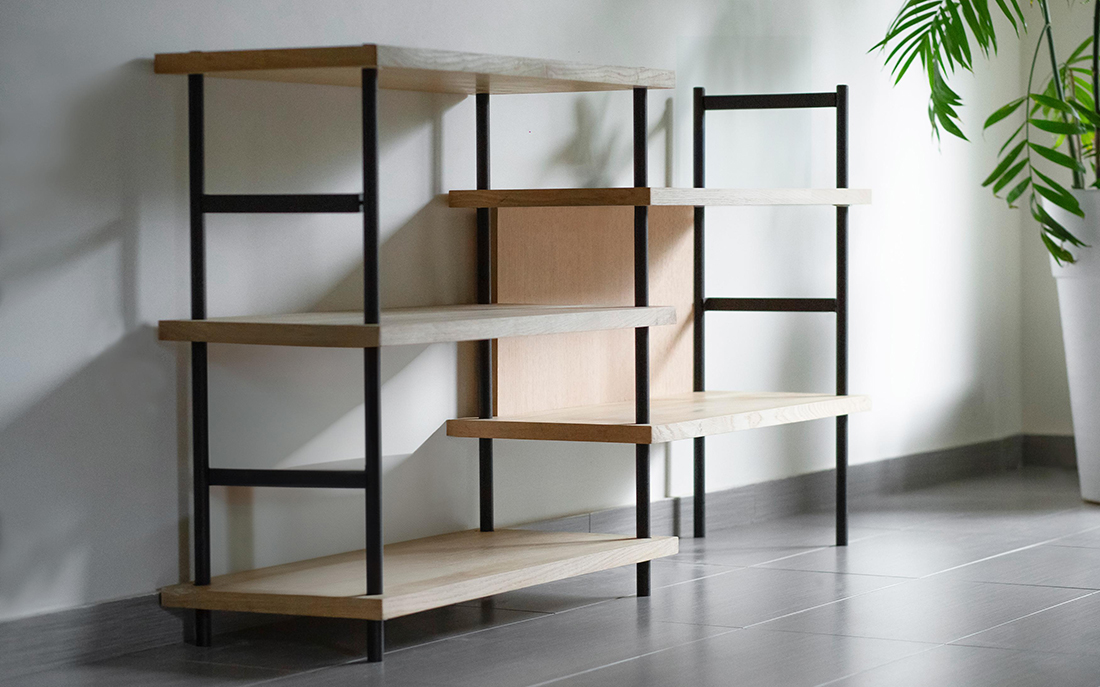
Moira is a modular shelving system designed for adaptability, longevity, and sustainability. Composed of just a few carefully engineered parts, it can be assembled with a single allen key, offering infinite design variations that respond to the changing needs of homes and offices. Inspired by the geometric language of Piet Mondrian, Moira balances minimal aesthetics with functional freedom, allowing shelves to extend as tall or wide as needed.

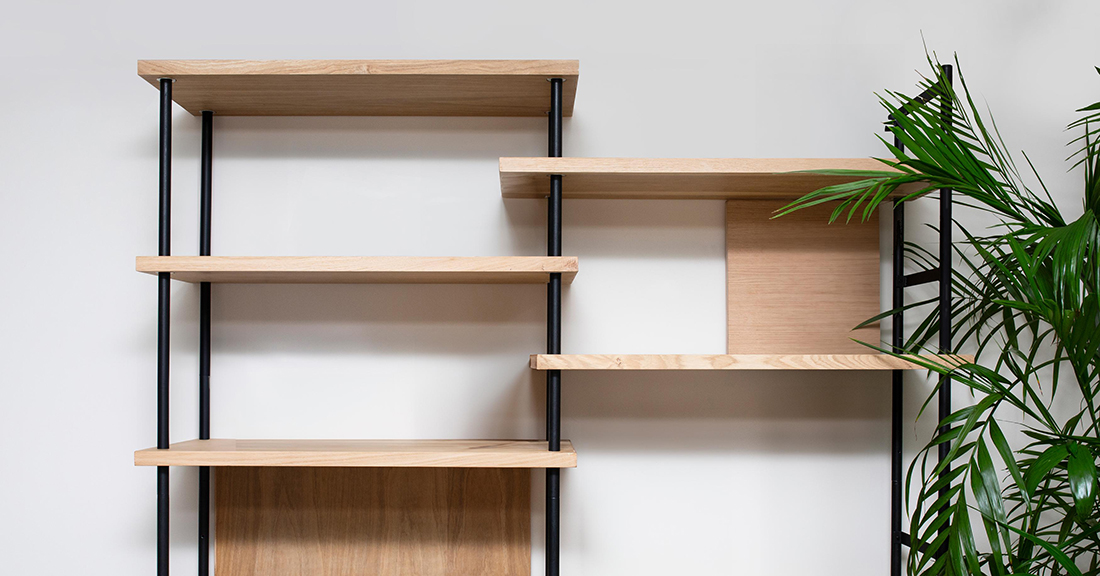
Using a simple interval system, shelves can be placed at any height to suit functional needs or aesthetic preferences. Together with precision-cut aluminium rings, this creates a highly modular and adaptable structure. Rather than producing multiple fixed shelf units, Moira relies on just three components, assembled like LEGO into countless variations. A key objective was to minimise manufacturing as much as possible, using standard 6-meter steel tubes cut precisely to maximise material use while meeting structural needs.
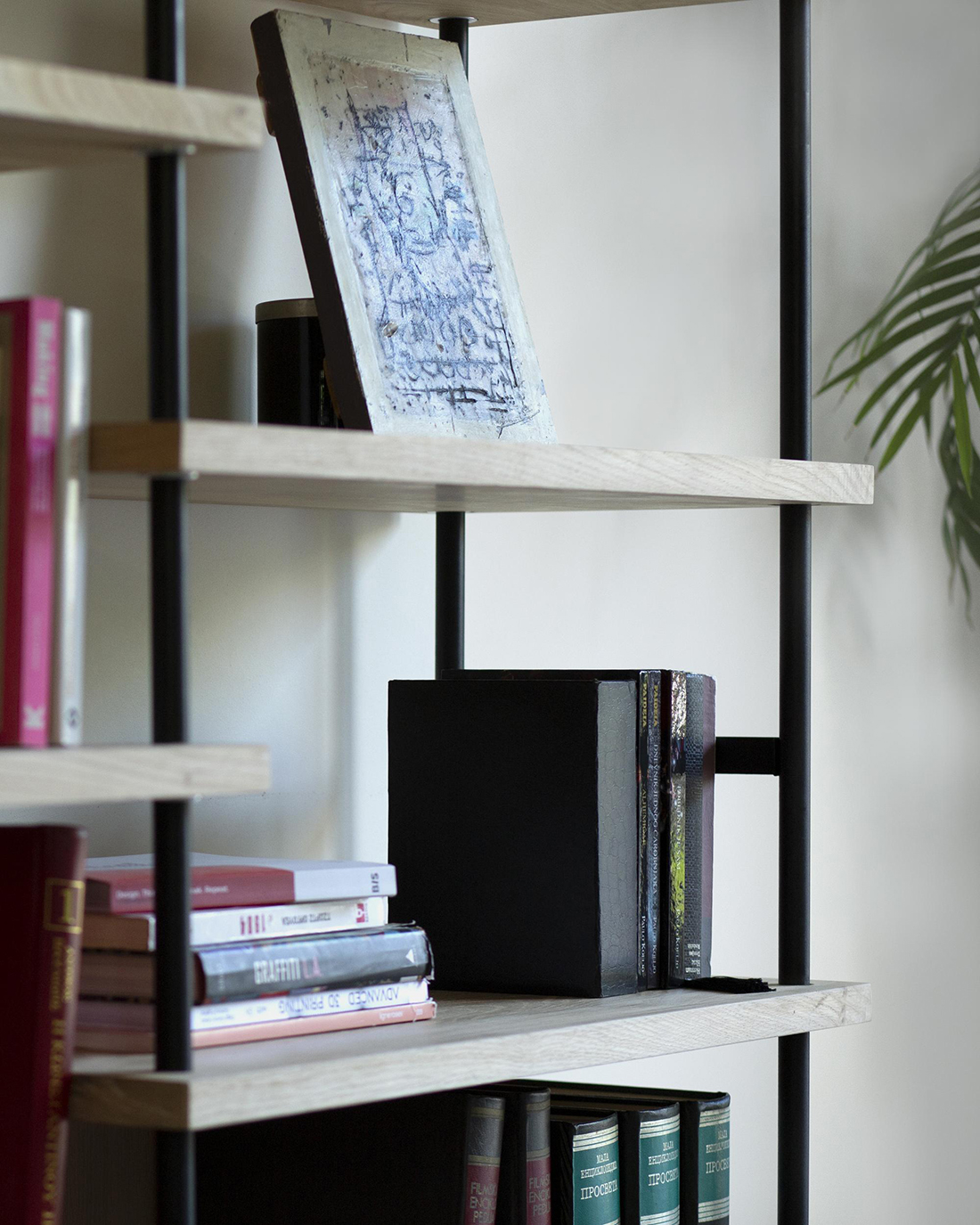
Crafted from CNC-machined wood sourced from responsibly managed forests, aluminium rings, and steel tubes, each material was chosen for durability and sustainability. Every element is fully separable, easy to repair, and recyclable at end of life. Its modular design also reduces transport volume, ensuring efficient storage and shipping. Moira is more than furniture, it is a modern infrastructure for flexible living, combining minimal form with enduring function.
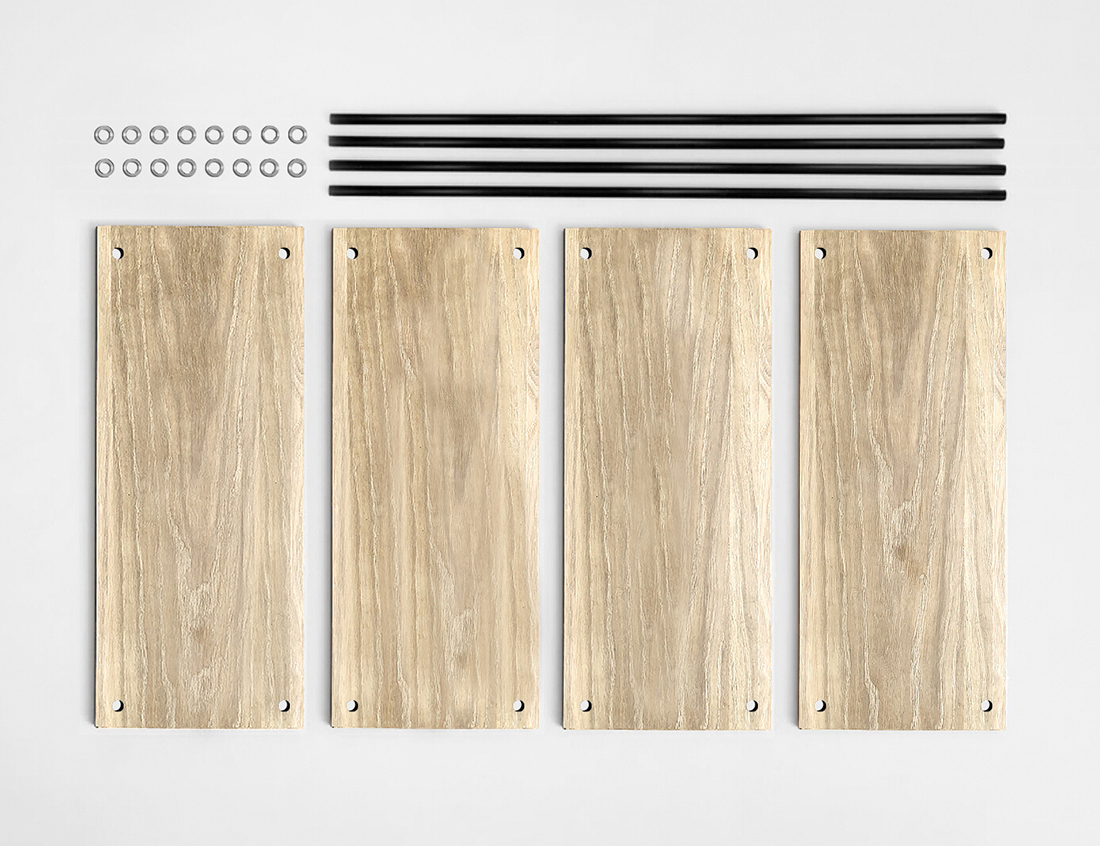
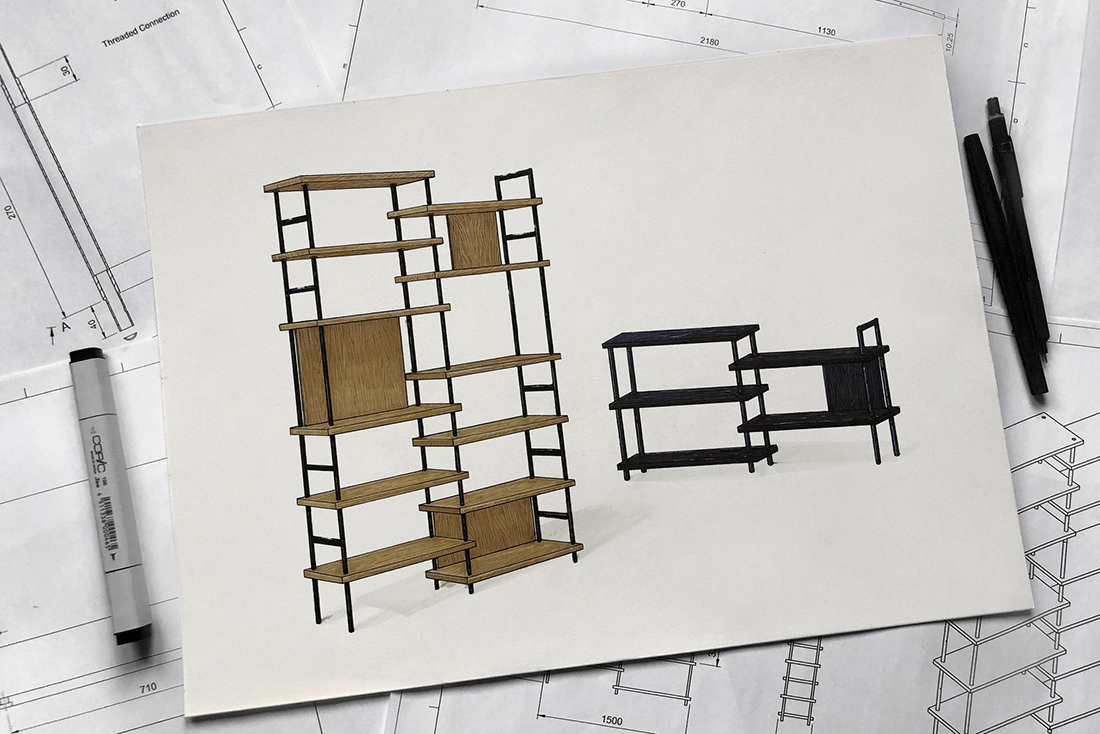
OSTRA

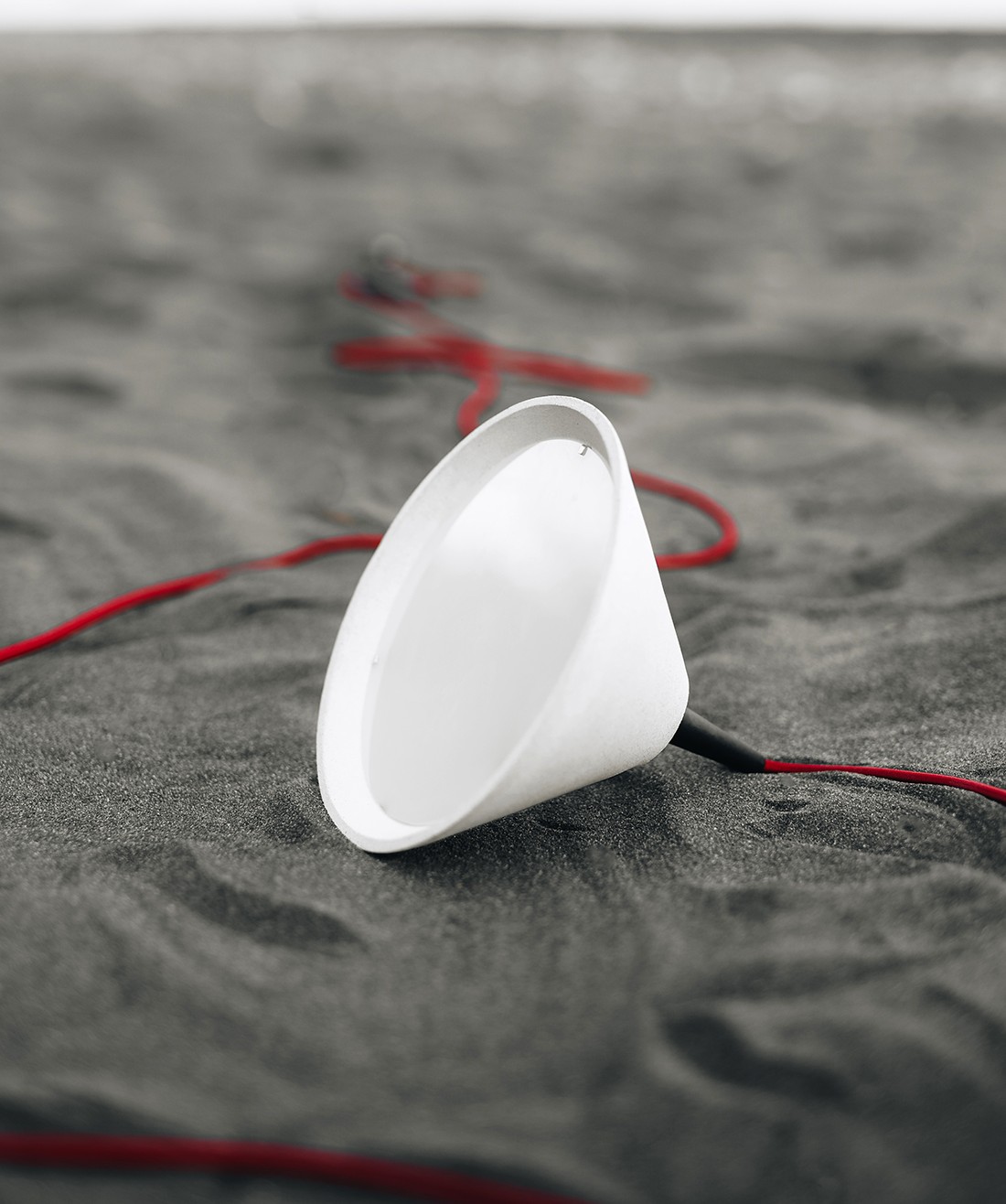
Oyster shells are considered nuisance waste, attracting pests, emitting unpleasant odours, and often ending up in landfills. By reclaiming discarded shells from local restaurants, Ostra gives them a second life, reducing waste and challenging traditional supply chains. The Ostra lamp is designed for disassembly, with each component separable for repair and recycling. Its lampshade is both recyclable and biodegradable, showing how design can transform pollution into potential.


This biomaterial mimics the natural formation of oyster shells through Microbially Induced Calcium Carbonate Precipitation (MICP), a biomineralisation process that reacts shell powder with a custom seaweed extract to create a material with mechanical properties similar to concrete. Once formed, the lampshade continues to capture CO₂ from the surrounding atmosphere, forming micro-crystals that enhance its durability.
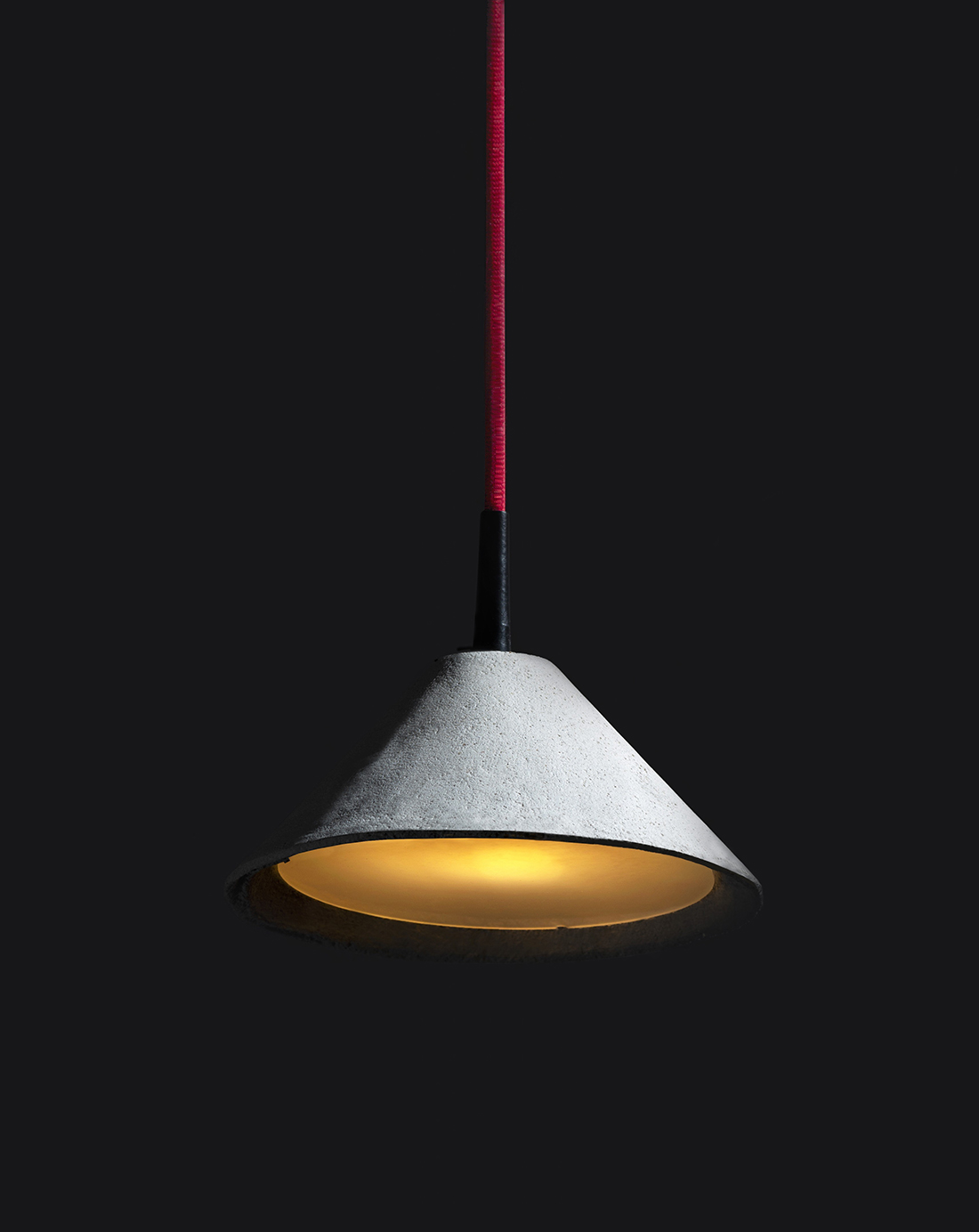
Ostra is introduced not only as a product but as part of a proposed regenerative system. Seaweed and oyster farming provide food while filtering seawater, regulating pH, protecting coasts, and creating habitats for biodiversity. By coupling product and system design, Ostra offers a circular model where waste becomes resource and ecosystems are restored. More than a lamp, it is a manifesto for rethinking supply chains and building a regenerative future.
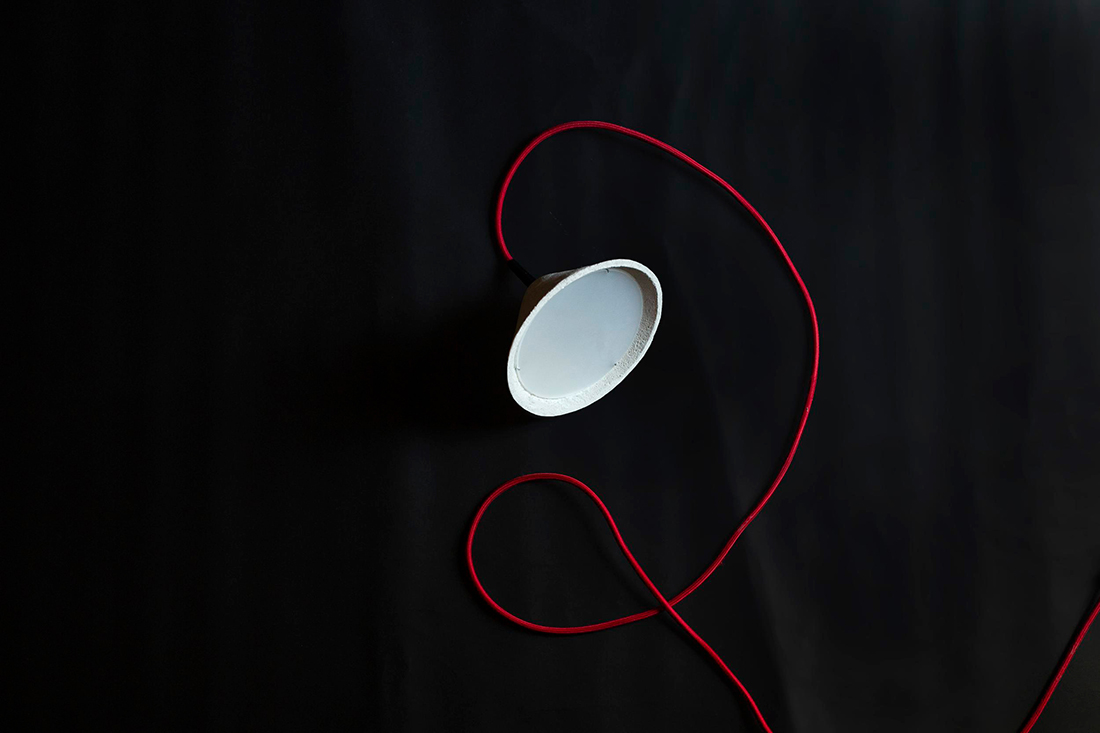
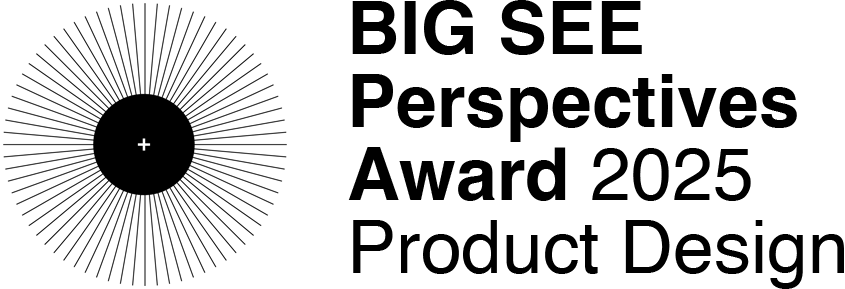
MARKOS GEORGIOU
Markos Georgiou (b. 1996) is a product designer based between London and Cyprus, working at the intersection of nature, innovation, and humanity. His practice spans products, systems, technologies, processes, and materials, often blending research and design to develop solutions that are both pragmatic and visionary, aimed at addressing the urgent challenges of our time.
With a systems-thinking mindset and an interdisciplinary approach, his work is informed by a wide spectrum of fields, from material science and engineering to sustainability and speculative futures. His process is grounded in experimentation and creative inquiry, bridging technology, material innovation, and environmental responsibility.
His projects are designed to endure, spanning the immediate, the imminent, and the distant future, with a focus on long-term relevance and impact.
He founded his design studio after completing an MA in Design Products at the Royal College of Art in 2024, and also holds degrees from EINA in Barcelona and the University of Brighton. Alongside his studio practice, he contributes as a visiting lecturer, sharing insights on design, innovation, and sustainability.
Contact
studio@markosdesigns.com


